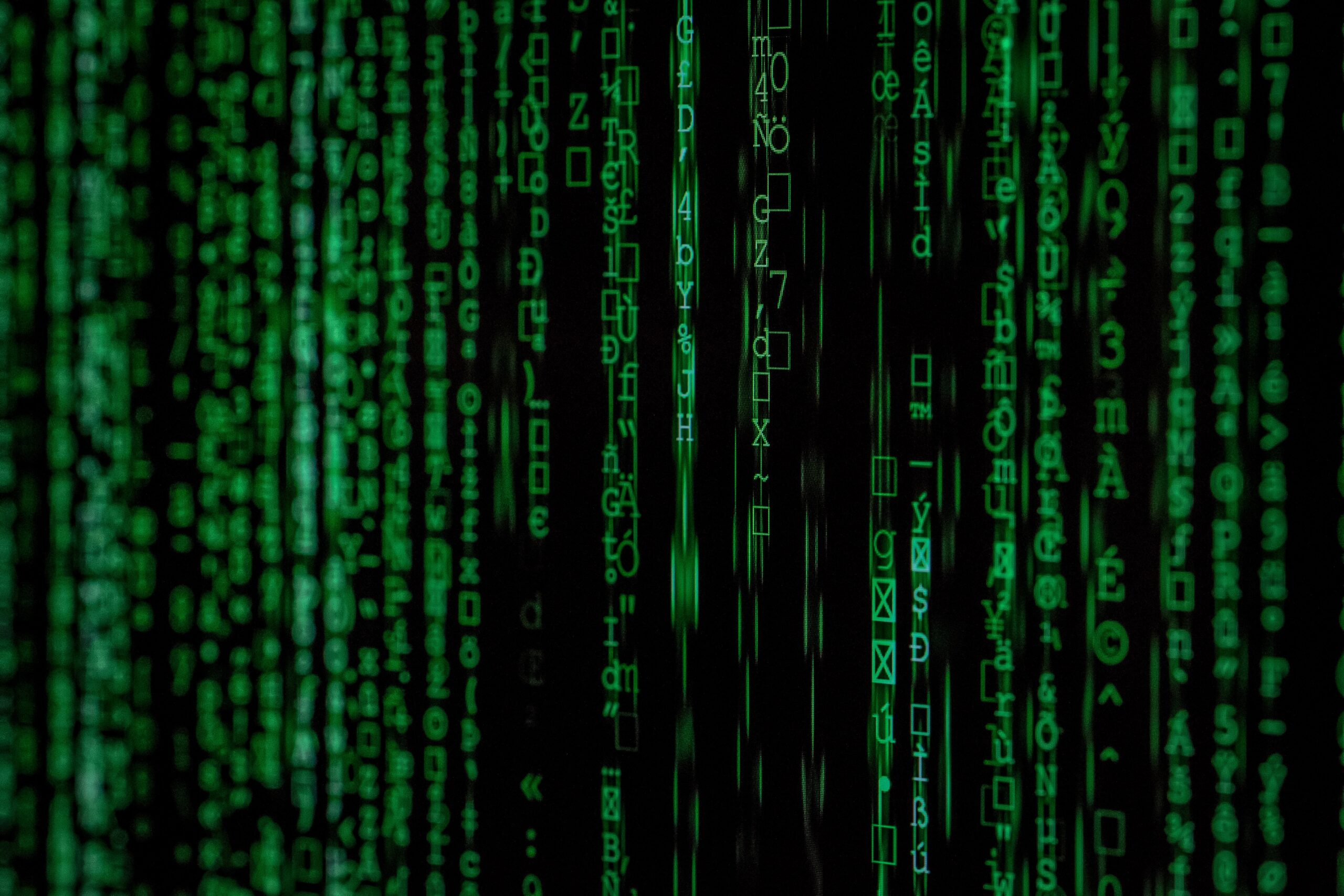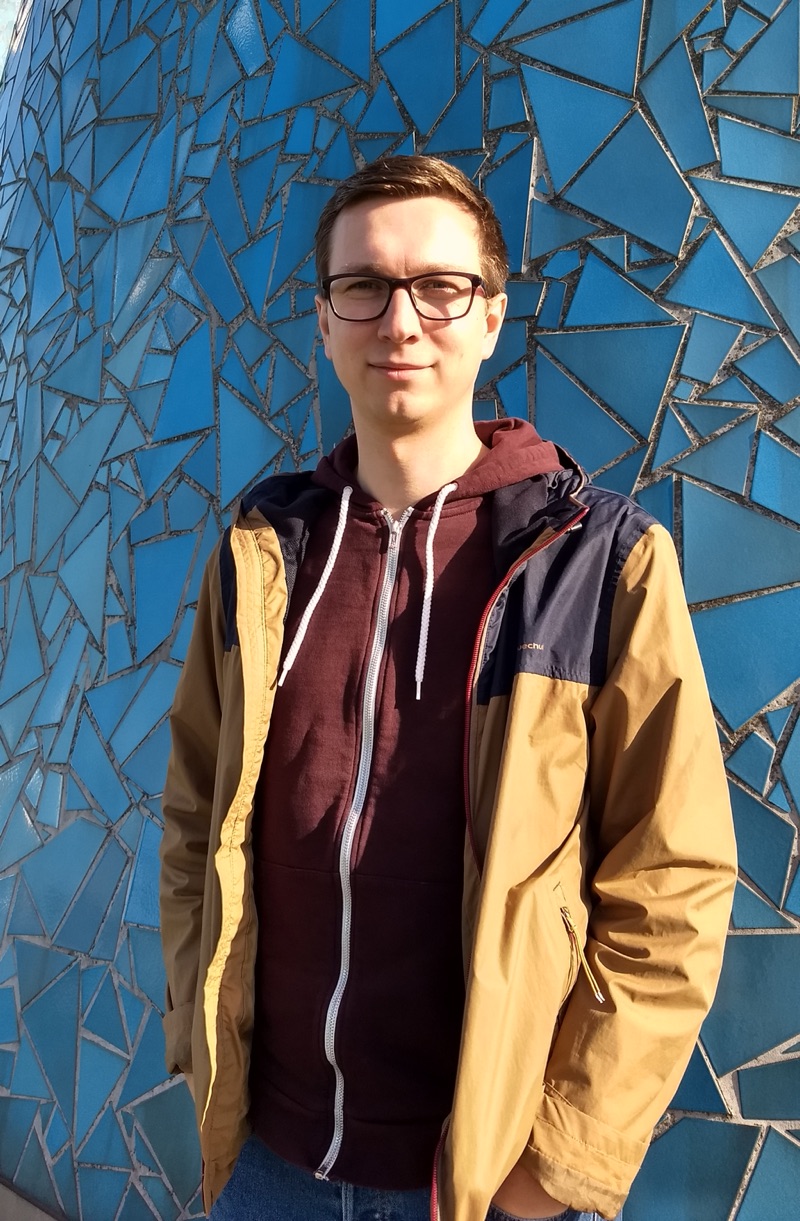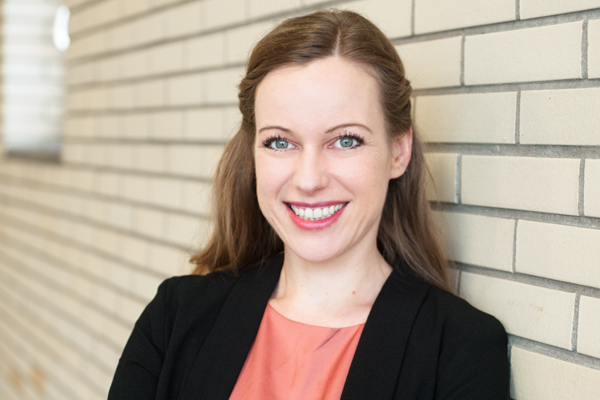Open for all: Learning Management Systems and OER in university teaching
Open for all: Learning Management Systems and OER in university teaching
04.09.19
Every university uses them, (almost) every teacher and student is regularly registered here: Learning Management Systems (LMS). As part of the “University Network for Innovation in a Digital Age” initiative (Uni-D) we held a workshop on Open Source LMS and Open Educational Resources (OER) in July. In this article some of the participants report about the results.![A workshop on Open Source LMS and Open Educational Ressources (OER) Photo: [https://unsplash.com/photos/Oalh2MojUuk You X Ventures] A workshop on Open Source LMS and Open Educational Ressources (OER)](/sites/default/files/images/blog/you-x-ventures-Oalh2MojUuk-unsplash.jpg)
The workshop: Thinking LMS and OER together
Cooperation in the university sector is becoming more and more important. Particularly against the background of new technological developments and innovative approaches, it is becoming more important to make technical offers and know-how available across universities. The presence and online formats offered by the HFD’s network for university teaching already provide teachers, university staff and students with many opportunities for exchange and cooperation.
Following on from the network for university teaching, the University Forum on Digitisation with the University Network for Innovation in a Digital age (UNI-D) initiative has been offering a framework since July 2019 for developing solutions for concrete transnational challenges to digitisation in studies and teaching together with relevant stakeholders*. A series of practical workshops on various topics will be held with changing partners. For each focus, impulses from the community will be taken up and the results of a survey on cross-network cooperation in the context of digital higher education and higher education didactics will be analysed, which will be carried out within the framework of the research project “Bridging” of the TU Hamburg.
The UNI-D series of events was opened on 12 July 2019 with a workshop on the promotion of open source LMS and the analysis of possibilities for cooperation with currently emerging OER portals at the state level. Today, LMSs are used nationwide at German universities. Platform operators are thus faced with comparable challenges. They are also confronted with the demand to link LMS with emerging OER portals.
Thus, the focus of the workshop was on two specific topics. First, the importance of networking and exchange within the open source LMS community was discussed and approaches for the joint design of the digital infrastructure at German universities were developed. At the same time, expectations regarding the use of LMS for the development of OER portals were collected from the perspective of various state initiatives.
The Open Source LMS Community Needs Networking and Interfaces
ILIAS, Moodle, Stud.IP and Opal/openOLAT – these are the open source learning and education platforms that are used together at over 90 percent of all German universities. They thus represent a supporting part of the open education infrastructure in Germany, which is further developed by their communities on their own initiative and mostly without significant support from politicians and educational institutions.
So far, these communities have had few points of contact with each other. Representatives of the learning platforms met for the first time at the workshop to get to know each other better and to exchange ideas. The surprise at the end of the first part: The platforms do not need to see themselves as competitors, since their orientation is different in each case and each platform covers a different need. It was also quickly clear that the wishes for future political and technical developments had so much in common that the platforms would like to work together.
An important topic is the networking and open exchange of learning materials across platform boundaries. Together, the workshop group outlined a learning landscape of the future in which users* are at the centre without being dependent on a platform. All participants agreed, however, that compliance with the legal framework for universities, such as data protection and data security, copyright issues and archiving obligations, also plays an important role.![LMS are often easier to understand. Photo: [https://unsplash.com/photos/iar-afB0QQw Markus Spiske] LMS are often easier to understand than the matrix.](/sites/default/files/images/blog/markus-spiske-iar-afB0QQw-unsplash.jpg)
Learning Management Systems and OER: An Important Interaction
A second focus of the workshop was the importance of LMS for the development and use of Open Educational Materials (OER). In various federal state initiatives on digitization in teaching, networking possibilities of LMS for the development and availability of OER are increasingly being discussed in order to simplify the step for teachers towards the development and use of free educational materials. In concrete terms, this concerns infrastructure issues such as the extent to which teaching and learning content in the existing LMSs of German universities can be networked with the emerging OER portals. The background idea: Teachers could directly use or develop open educational materials in the systems they are familiar with, which – as a possible vision – could then be made available to other teachers and learners under free licenses.
Within the framework of the workshop, the participants first analysed the various state initiatives, some of which specifically consider the use of LMS in the development of the OER state portals (often in the sense of an LMS repository link). In this context, LMS actors and OER experts jointly identified various potentials as well as obstacles. In addition to an infrastructure that is already close to the familiar working environment of the teachers, the existing learning management systems also have a high level of coverage in Germany and thus a high level of penetration of the technical infrastructure at German universities. In concrete terms this means for OER: LMSs are places of subsequent use and potentially also places of the production of teaching and learning materials.
Possible obstacles lie in particular in the legal framework (copyright, data protection) and the formulation of common standards (e.g. metadata standards, open exchange formats for interactive content, gradebooks for recording the results) as well as the creation of common use cases and objectives. With regard to a possible OER metadata standard for higher education, activities are currently being intensified.
Basically, almost everything is technically feasible (with corresponding development effort). Last but not least, there is the open question of how teaching, learning and testing should take place under the conditions of digitisation. And with reference to the current and future teaching/learning infrastructure. Where is it worth investing funding and energy, which experiments should be dared? To predefine this as a waterfall seems rather hopeless. Sustainable solutions must therefore be based on the respective technical state of development at the universities and take into account the application habits of users.
Based on this premise, a dialogical approach is being adopted in NRW: via the NRW Digital University Cooperation Association (DH.NRW), the member universities are establishing a joint service structure for digital transformation which, among other things, provides for greater sharing of open teaching and learning content across the borders of the universities. The aim of a project there is to create a cooperative content network for digital teaching and learning, which OER makes available via a common platform. The OER platform will become part of the “Online State Portal for Studies and Teaching” – another cooperation project of DH.NRW. DH.NRW and the NRW Ministry of Science are currently promoting the production of OER with a funding line “OER-Content.nrw”, which is currently being advertised. This is combined with the explicit requirement that produced digital teaching/learning offers must be interoperable with various learning management systems. Easy retrieval and availability are key arguments for linking the OER platform and LMS.
Both Baden-Württemberg and Hamburg have already presented different central OER portal approaches and shared their experiences with each other’s OER initiatives. The respective state policies supported the transnational availability of the open content. Thus, it is to be expected that the portals will be networked across federal states.![Bridges were built. Photo: [https://unsplash.com/photos/tABAti6Qko4 Andre A. Xavier] In the workshop, bridges were built.](/sites/default/files/images/blog/andre-a-xavier-tABAti6Qko4-unsplash.jpg)
This shows that the linking of LMS and OER state portals is on the one hand a technical, but above all a social process. This process must involve the development teams of the LMS, OER state portals and all other stakeholders involved at the universities. Of course, this must be the case: Open thinking, new experiments and flexible infrastructure approaches can, in synergy with further developments of learning management systems, create important impulses and spaces of opportunity for students, OER creators and for cooperation between teachers. Possible examples are the platform of the Hamburg Open Online University with OER publishing possibilities, the Gitlab approaches at the TU Hamburg-Harburg or solutions that have grown up in the field of culture such as the social learning environment KISDspaces or the Virtual Linguistics Campus at the University of Marburg. All this has to be explored in the context of OER.
Only through cooperative and collaborative processes can a contribution be made to maintaining existing infrastructures and empirical values and to developing a new structure and culture of a free and open educational infrastructure across universities, from which both teachers and students of the respective university will ultimately benefit.
Conclusion: Bridges have been built
At the end of the workshop, the representatives of the Open Source LMS discussed the feeling that they had built bridges in the workshop. This was not only among themselves, but also between the OER state portals and possibly in the future also between the local infrastructures of the universities. All participants now want to work towards this in several joint working groups.
The workshop documentation can be found here.



